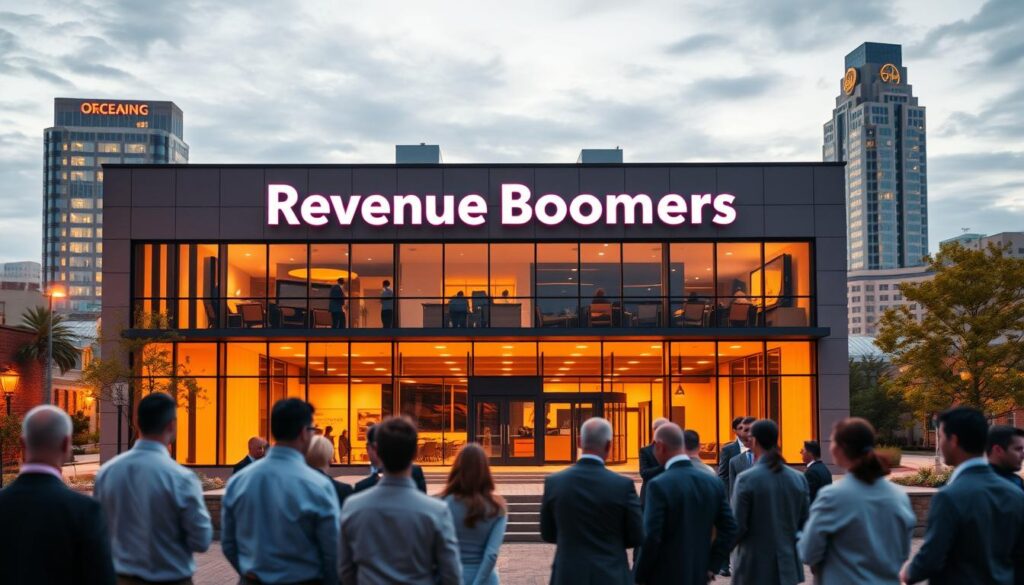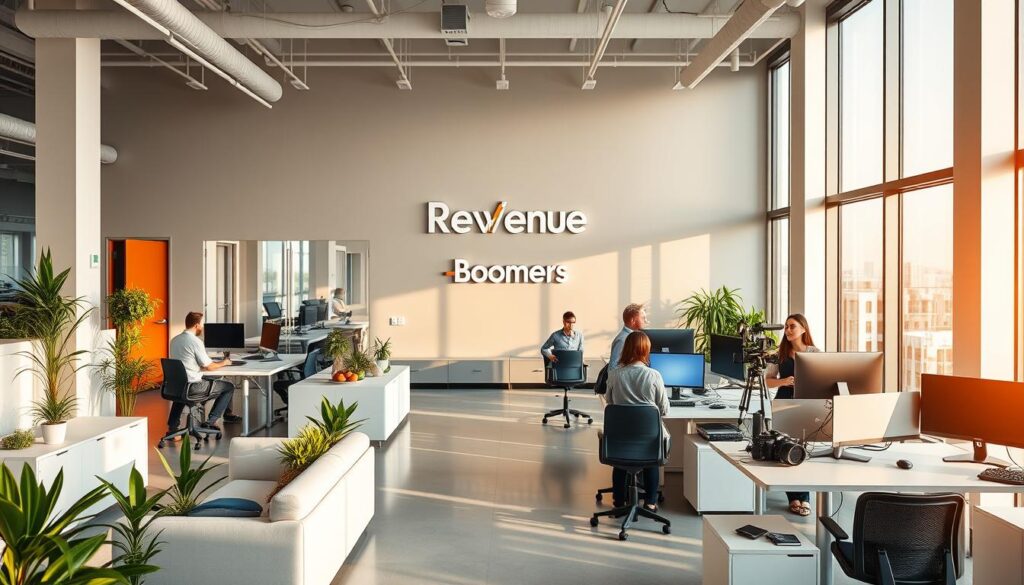Introduction
In today’s digital age, many businesses rely on online visibility to attract customers. SEO, or Search Engine Optimization, is a widely used strategy to enhance online presence, but is it necessary for all businesses? This blog explores why SEO is essential for many companies, yet not mandatory for all. If you’re unsure whether SEO is right for your business, book a free SEO consultation with Revenue Boomers to discuss tailored strategies that align with your business goals.
Table Of Contents
- Why Is SEO Important?
- When Is SEO Not Mandatory?
- How SEO Impacts Different Types of Businesses
- Alternatives to SEO for Online Visibility
- How to Decide If SEO Is Right for You
Why Is SEO Important?
SEO plays a major role in improving a business’s online visibility. When done well, it enhances a website’s ability to rank higher in search engine results, making it easier for potential customers to find you. SEO is particularly valuable for businesses relying on digital channels to grow. It helps drive targeted traffic, increase credibility, and support long-term growth. The impact of SEO can be profound, helping businesses stand out from competitors and build an online presence that attracts customers. Learn more about the importance of SEO for businesses.
When Is SEO Not Mandatory?
While SEO is beneficial, it’s not necessary for every business. For example, businesses with niche audiences that have already established strong relationships with clients may not depend on SEO for growth. Additionally, companies focusing exclusively on offline marketing or paid ads may find that SEO doesn’t align with their goals. Other situations where SEO might be optional include businesses with a hyper-local audience or those that rely on word-of-mouth marketing. In these cases, traditional marketing or direct outreach may be more effective.
How SEO Impacts Different Types Of Businesses
SEO provides different benefits depending on the business type. For e-commerce and service-based businesses, SEO is often crucial. It drives organic traffic, which can lead to sales and new client inquiries. Local businesses can also gain a lot from SEO by targeting location-based searches, like “dentist near me” or “plumber in [city].” However, some businesses—particularly those in specialized fields or operating mainly on referrals—may not depend as heavily on SEO. Read about how SEO impacts various business types.
Alternatives To SEO For Online Visibility
While SEO is a powerful tool, there are alternative methods to enhance online visibility without SEO. Here are a few options:
- Paid Advertising: Platforms like Google Ads or social media ads provide immediate visibility for your business, allowing you to reach a targeted audience quickly.
- Social Media Marketing: Engaging with audiences on platforms like Instagram, Facebook, and LinkedIn can help you connect with potential customers, build a following, and create brand loyalty.
- Email Marketing: Building and maintaining an email list enables you to nurture relationships with subscribers, announce new products or services, and encourage repeat visits to your website.
These alternatives allow businesses to achieve online visibility, though they may lack the long-term benefits SEO offers.
How To Decide If SEO Is Right For You
Determining whether SEO aligns with your business goals is important. Start by considering your target audience, budget, and competition. If your potential customers often search online for services or products like yours, investing in SEO could be valuable. On the other hand, if your business relies heavily on direct sales, paid advertising, or offline strategies, SEO may not be a priority. Consulting with an SEO expert can help you assess your goals and decide if an SEO strategy would provide a strong return on investment.
Frequently Asked Questions (FAQs)
What Are The Benefits Of Investing In SEO?
Investing in SEO offers long-term benefits, including increased visibility, improved brand credibility, and sustainable website traffic.
How Quickly Can I See Results From SEO?
SEO typically takes 3 to 6 months to show significant results, depending on factors like competition, industry, and the SEO strategy in place.
Is SEO A One-Time Investment?
No, SEO is an ongoing process that requires regular updates and adjustments to maintain and improve rankings in search engine results.
Can Small Businesses Benefit From SEO?
Yes, small businesses can benefit significantly from SEO as it helps them compete locally and attract targeted customers.
How Can I Track My SEO Performance?
You can track your SEO performance using tools like Google Analytics and Google Search Console, which provide insights into website traffic, user behavior, and keyword rankings.
Best SEO Experts Near Me
While SEO isn’t mandatory for all businesses, it offers invaluable benefits for those looking to increase online visibility and drive long-term growth. Whether you decide to pursue SEO or explore other digital strategies, having the right approach is essential. Schedule a consultation with Revenue Boomers to discuss whether SEO fits into your marketing goals and how to achieve your objectives.






